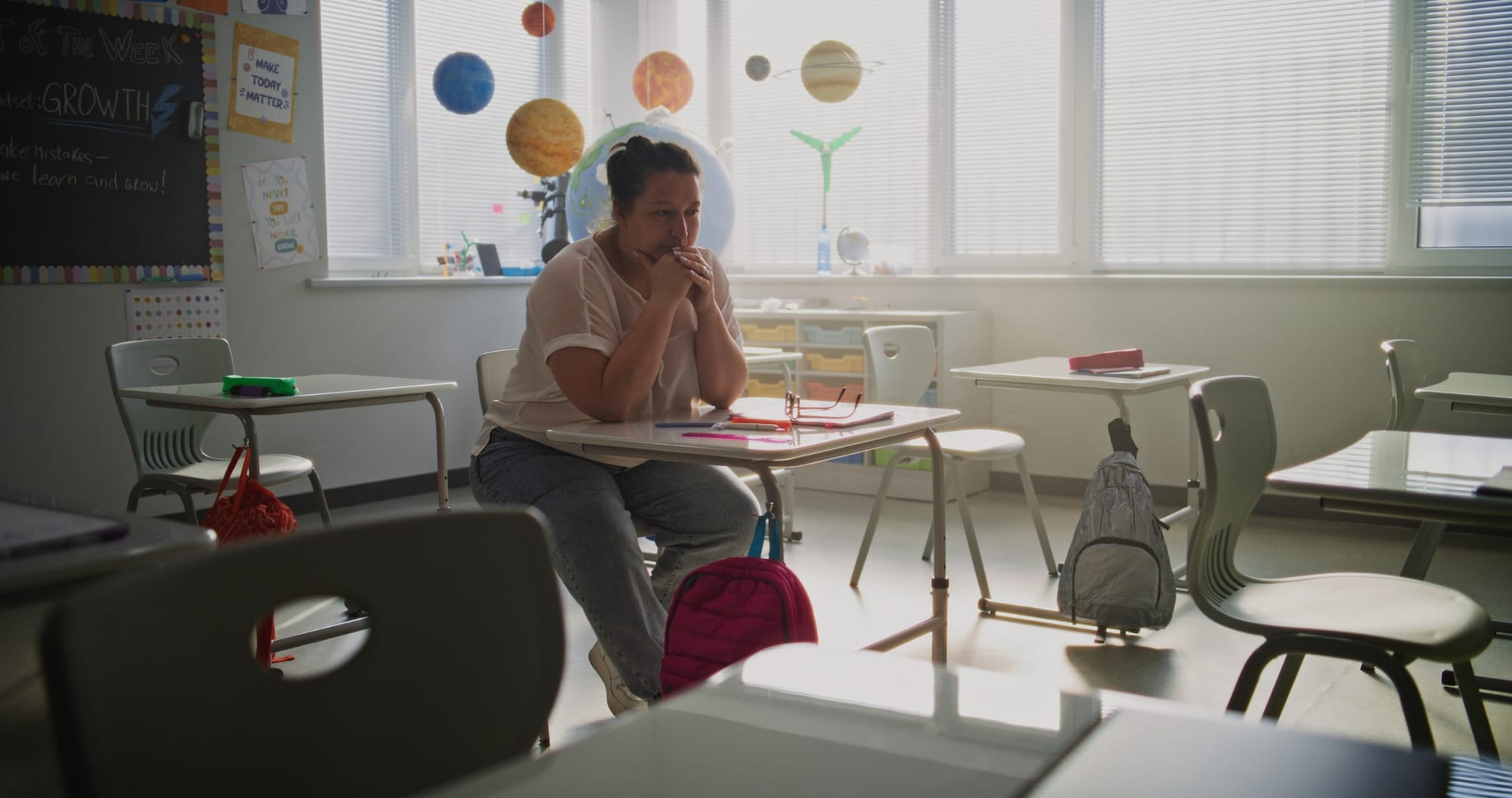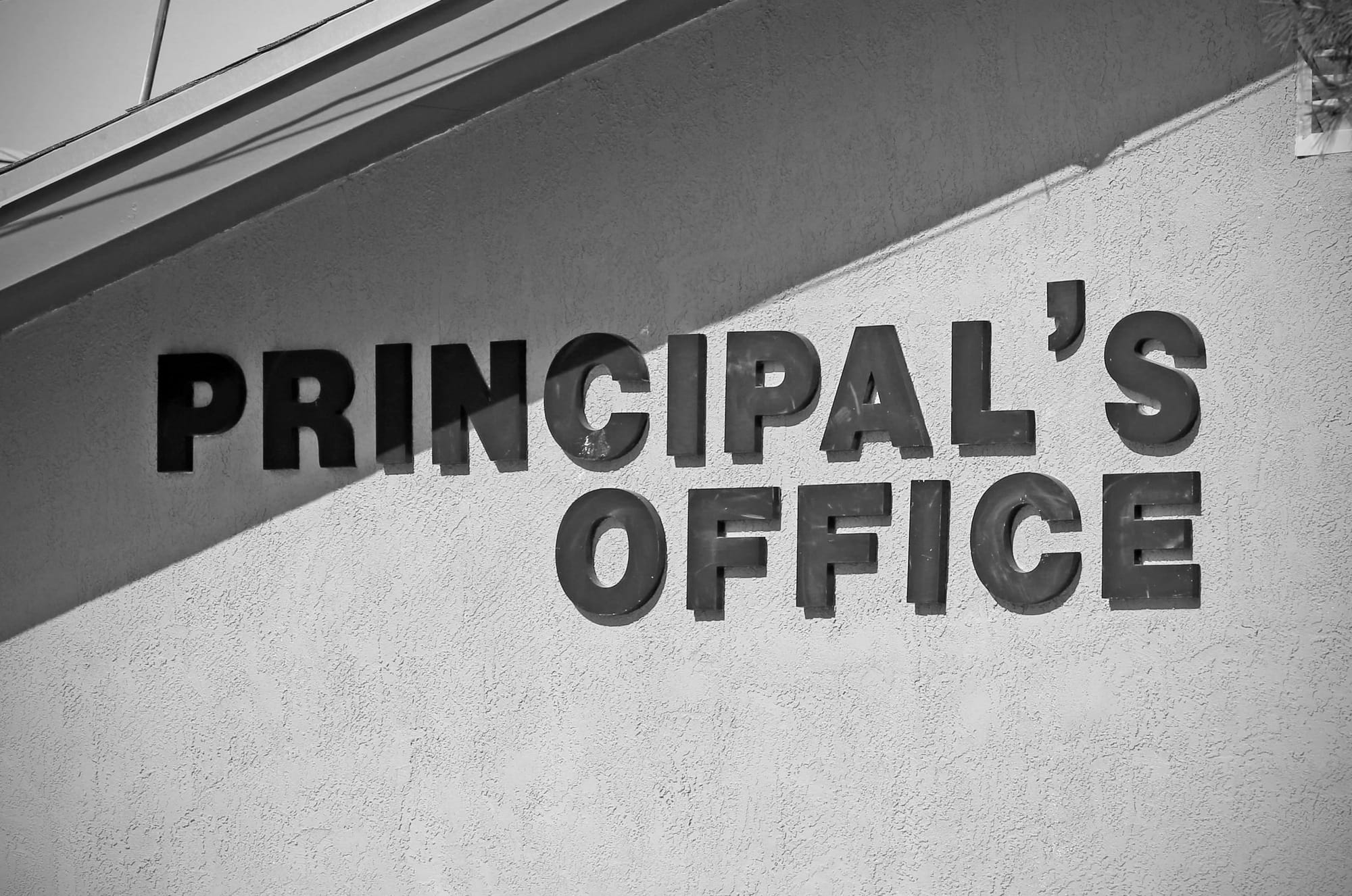
At a time when public school principals are experiencing high levels of stress and burnout, our new research into their intensified emotional labour provides unprecedented insights into the work that goes on behind the scenes during critical moments, especially amid rising social volatilities, long-term underfunding of government schools and systemic inequities.
This research highlights how principals manage their own emotions and those of others while navigating increasingly complex school environments.
Drawing on 298 critical incident testimonies from 256 public school principals, stakeholder interviews, case studies and a policy audit, this collaboration between Monash University, Deakin University and the University of Sydney reveals how principals’ emotional labour – often invisible and unacknowledged – has intensified but remains unrecognised and undervalued.
Their testimonies describe the enormous emotional toll on their health, wellbeing and professional sustainability, and demands for systemic reform to better-support them.
One principal recounted that dealing with a critical incident was:
“... like juggling 10 chainsaws … You are caring for students and staff, managing media, responding to the community, responding to the minister’s office, reaching out to the actual family of the child, shutting down ridiculous gossip, working with police and attending to a multitude of other tasks.
“You go home at night, don’t sleep, and repeat the next day. After a few weeks it dies down and life returns to normal for everyone else. As my [deputy principal] said to me two weeks following, ‘I don’t know how you’re still standing’. Adrenalin was my only answer.”
Stress, exhaustion and physical impacts
A range of critical incidents were presented by principals, ranging from natural disasters, student and parent violence, to suicides.
Principals often understandably suppress their own emotions to maintain a facade of calm and professionalism. The emotional labour of the principalship is little-understood compared to other caring professions such as health.
Our research shows that the acting required to suppress and hide emotions is common, leading to emotional exhaustion and burnout. Isolation and lack of emotional support exacerbate stress, especially during crises.
One principal told us that other staff “can vent and say how they really feel, but I cannot”. Leaders in other professions might find this familiar, but consider these examples – principals used their bodies to shield students from violence, or perform CPR (“I moved into position to deliver mouth-to-mouth…”).
This emotional suppression leads to burnout, alienation and even unhealthy coping mechanisms such as: “My alcohol consumption in the week [of the incident] tripled, at least.”
Emotional labour manifests physically – sleeplessness, illness, trauma and even injury. Principals often act as first responders, performing roles akin to police, paramedics and counsellors.
During a critical incident, for example: “I did not sleep … I sometimes doubted my competence”. Or: “... afterwards I was diagnosed with type 2 diabetes, and it is well-known that stress can bring this on.”

Disproportionate burdens on women and indigenous leaders
The physical and emotional toll is compounded by inadequate support and recognition from education systems.
Women and Indigenous leaders shoulder disproportionate burdens, but these burdens can be seen across a public education system exacerbated by systemic neglect, especially in underfunded public schools.
So what's needed in response?
Firstly, principal role descriptions – some of which haven’t changed in a decade – need to reflect emotional labour.
Targeted mentoring is needed, especially during critical incidents. “I wish people asked me how I felt,” wrote one principal. “I felt I needed to remain stoic and ‘together’.”
Better professional supervision, respite, trauma-informed leadership training and coaching are similarly needed. Formal peer networks could also reduce isolation.
At a national level, we need to revise principal role descriptions to reflect emotional labour and first-responder duties during crises in and out of school.
Principals need to be added as a distinct category in the National Teacher Workforce Action Plan to address the national issue of teacher workforce shortages.
Supporting principals before, during and after crises
We also need urgent reform of principal workload and wellbeing policies, beyond self-help and sporadic support, and to legislate workplace health and safety protections. Professional respite and flexible working arrangements need to be in place post-critical incidents.
Principals need better tailored induction, mentoring, and support – especially for new principals and those in high-need contexts, as well as coaching and supervision focused on emotional labour and staff management. Establishing peer support networks and access to clinical supervision will also help.
Systemic change must ensure that principals are supported, retained and empowered to lead schools during good times and bad.
Professor Jane Wilkinson and Professor Lucas Walsh are lead and chief researchers, respectively, on the research project Invisible Labour: Principals’ Emotional Labour in Volatile Times.





